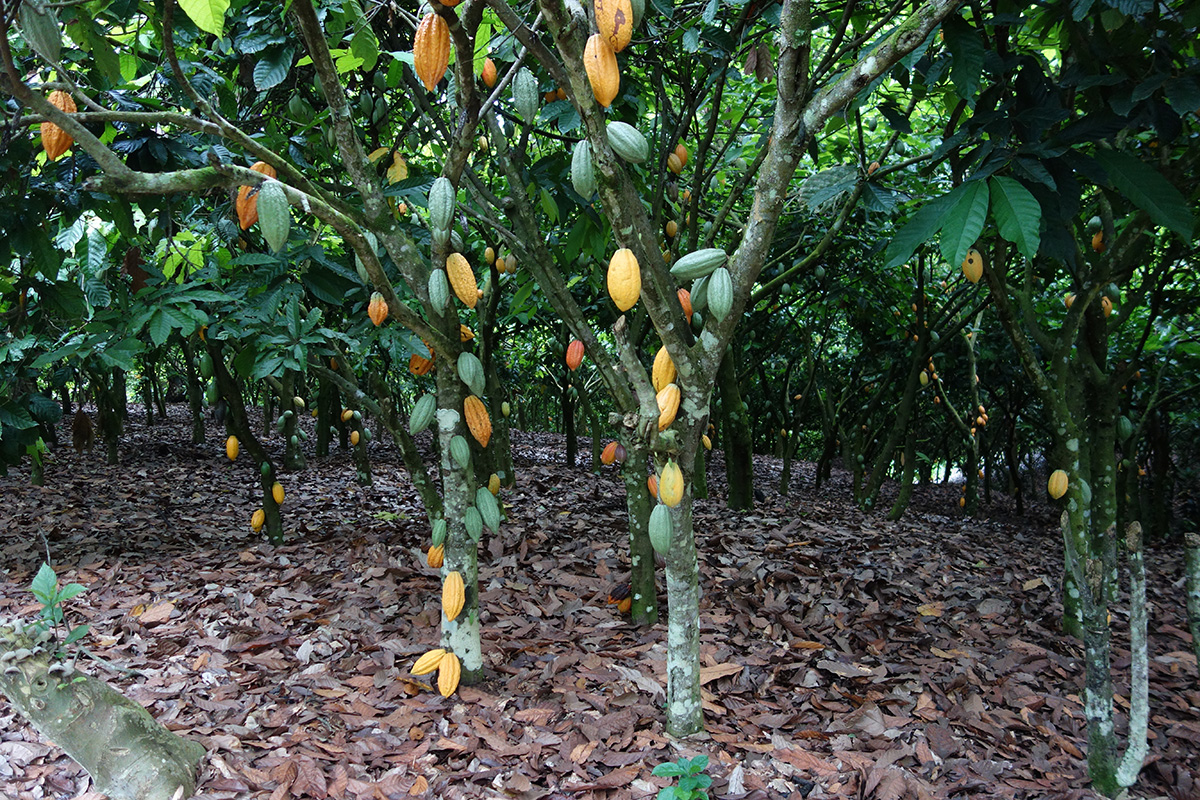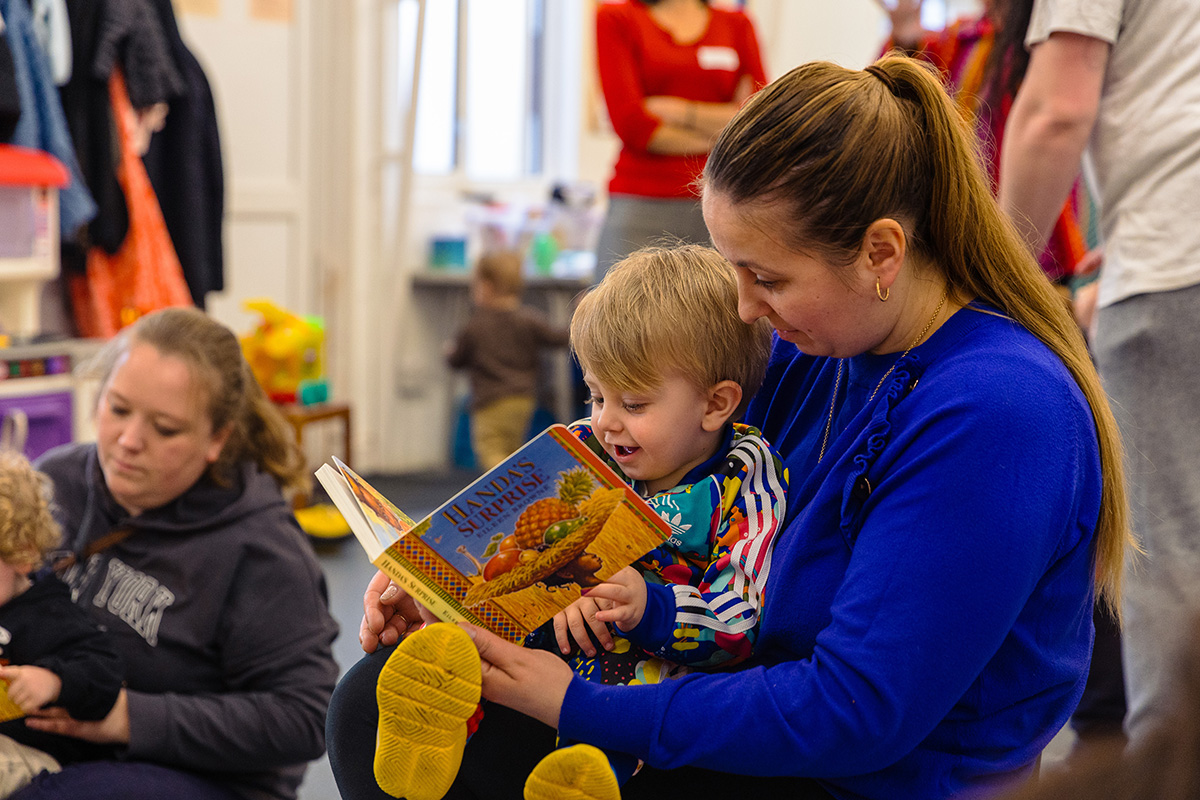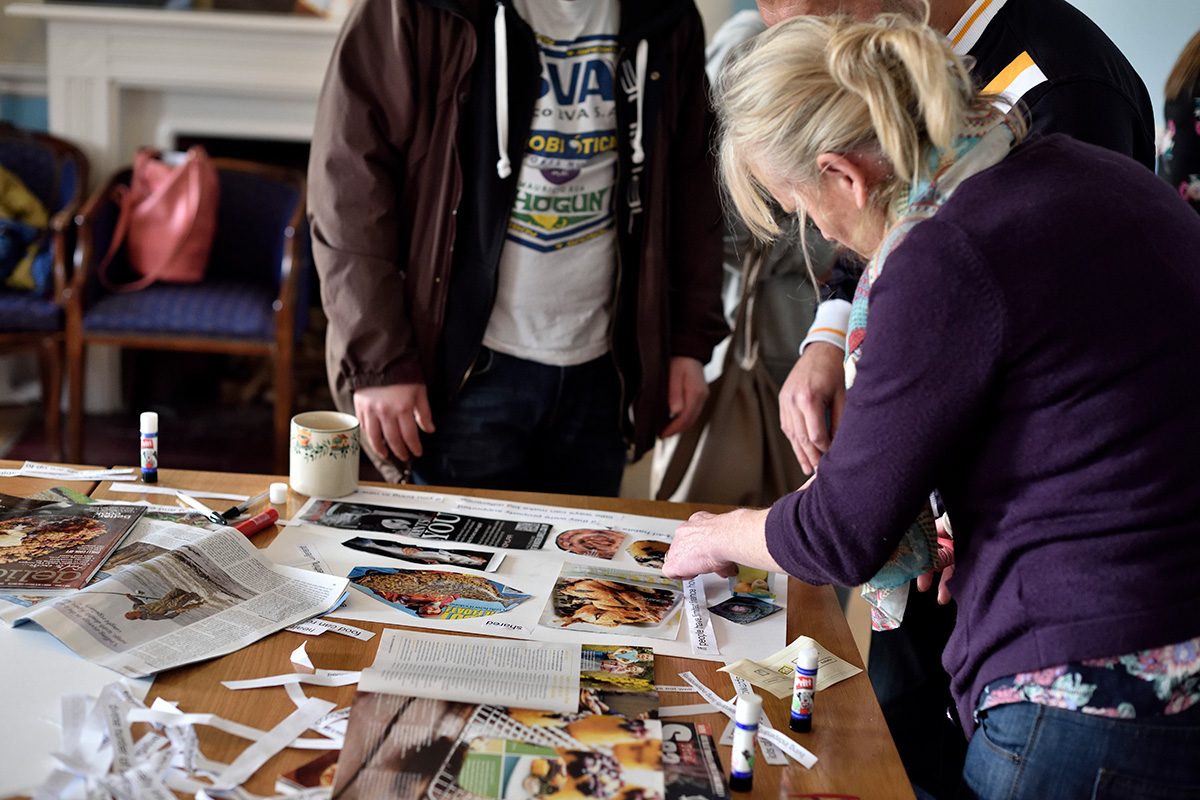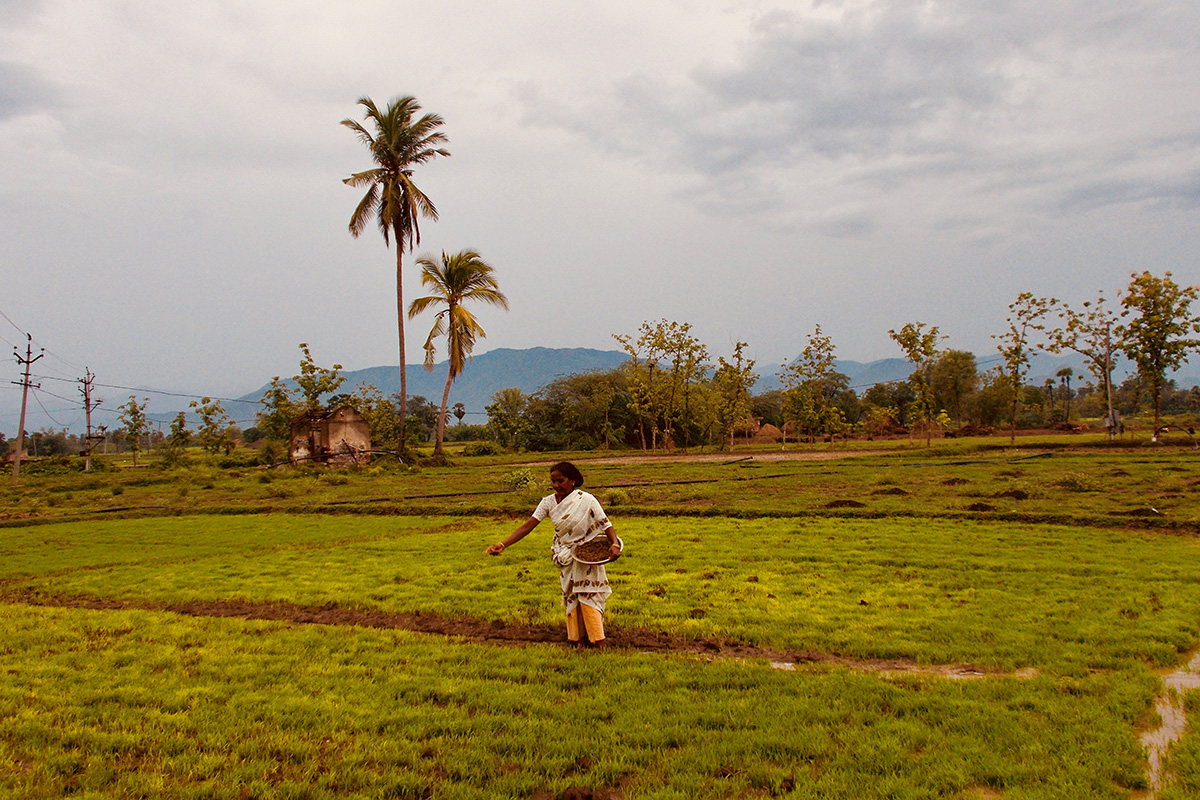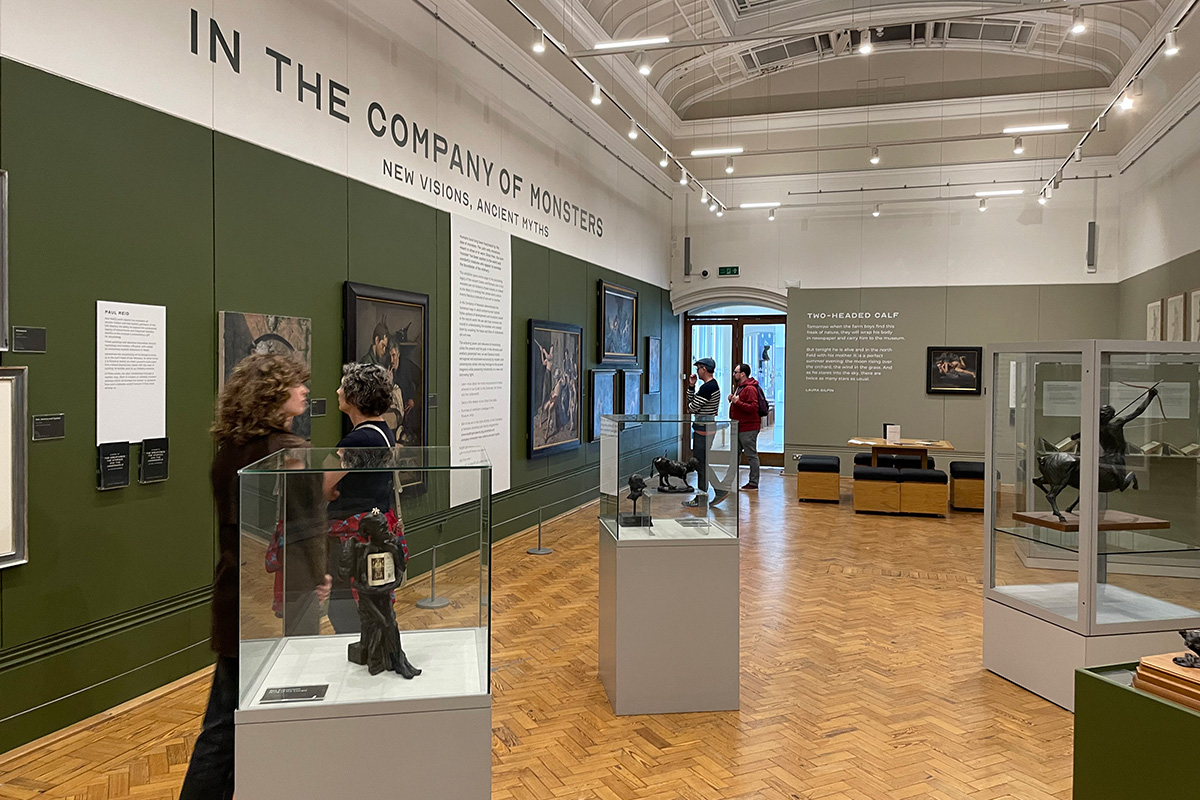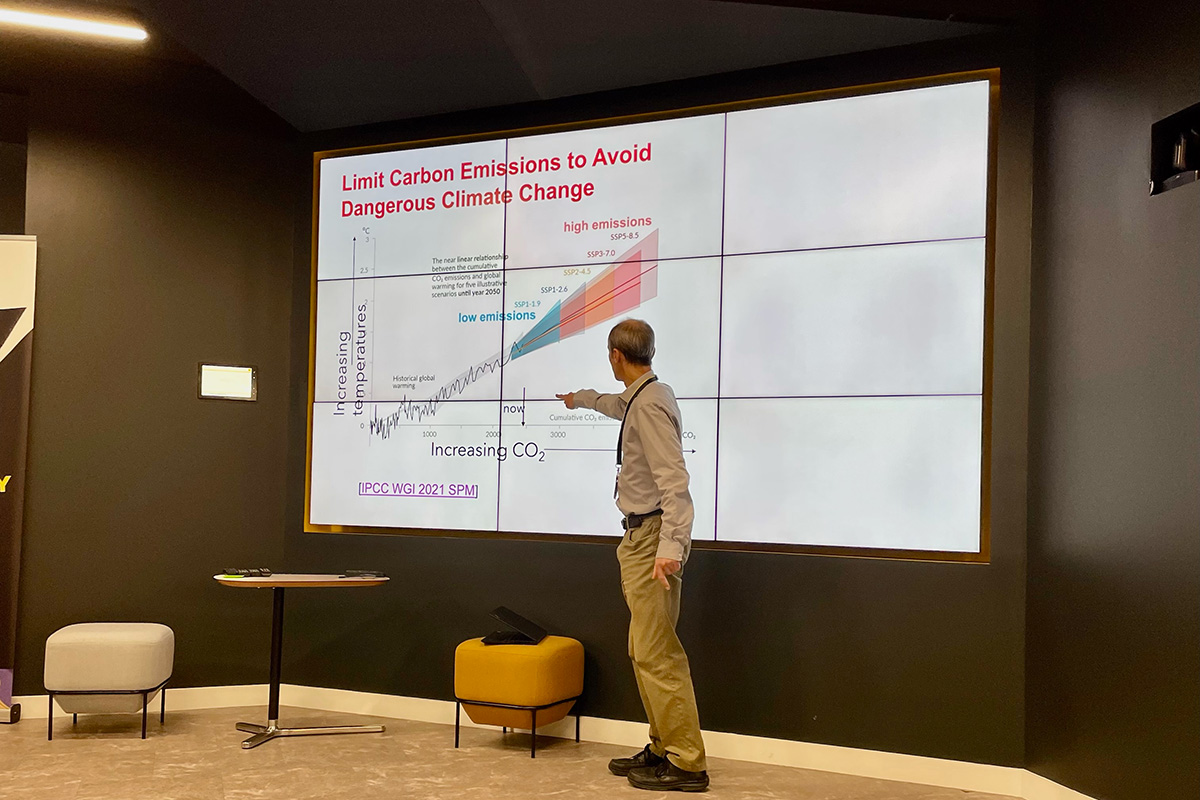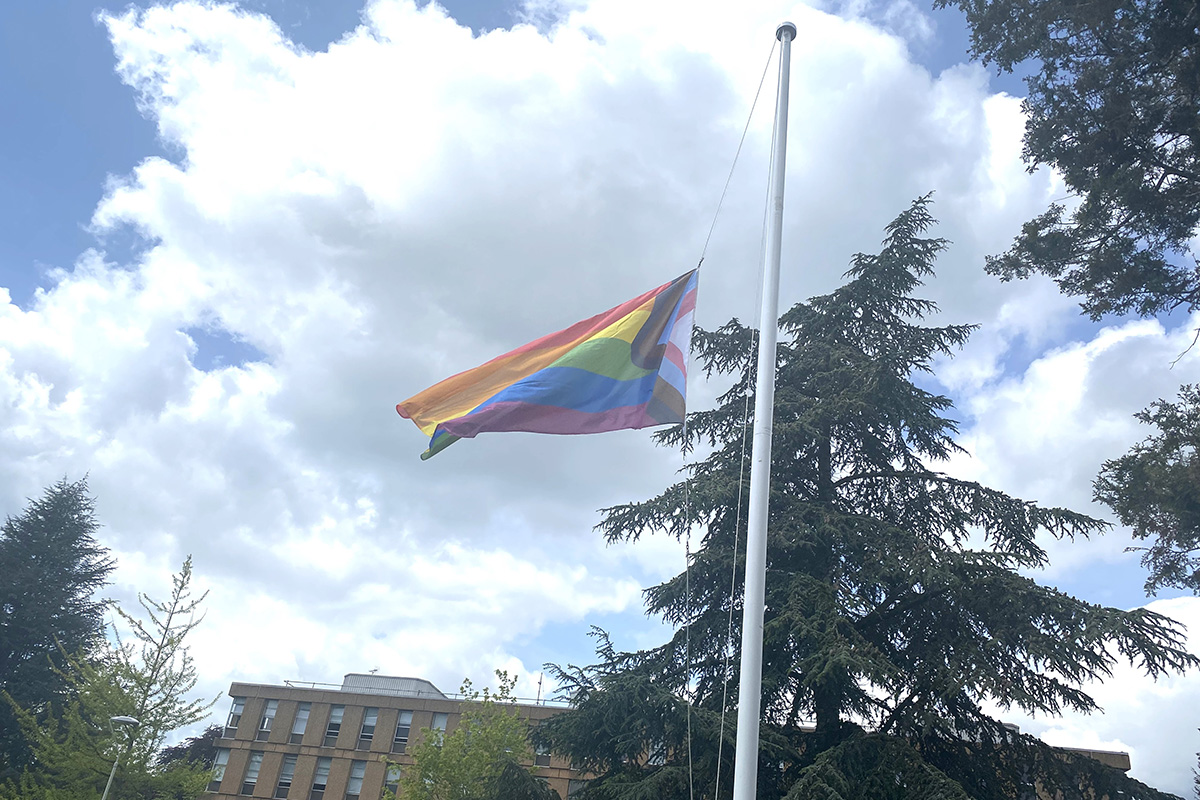Celebrating outstanding engagement and impact
Our Research Awards celebrate the excellent research taking place across the University that addresses real-world problems using interdisciplinary approaches, built on partnership and collaboration and engages a wide range of audiences.
Research engagement, collaboration and impact take many forms and this year entries were submitted to one of four categories: External Collaboration and Innovation, Interdisciplinary Research, Public Engagement with Research and Research Impact.
We received a number of high quality entries on a broad range of topics reflecting the creativity and impact, and depth and breadth, of research activities taking place across the University. Seven outstanding projects were shortlisted in 2024 and a winner in each of the four categories was chosen.
Read on to find out more about these projects which address significant challenges and engage individuals, organisations or communities to bring about positive change.
You can also download the 2024 Research Awards brochure to read.
